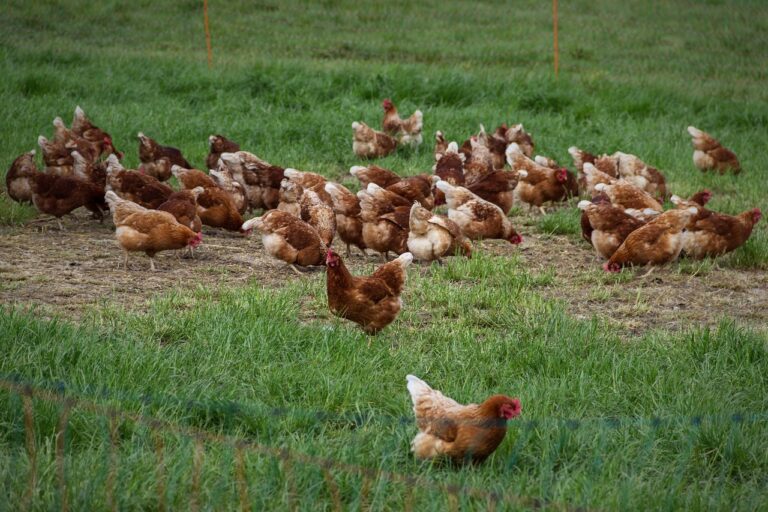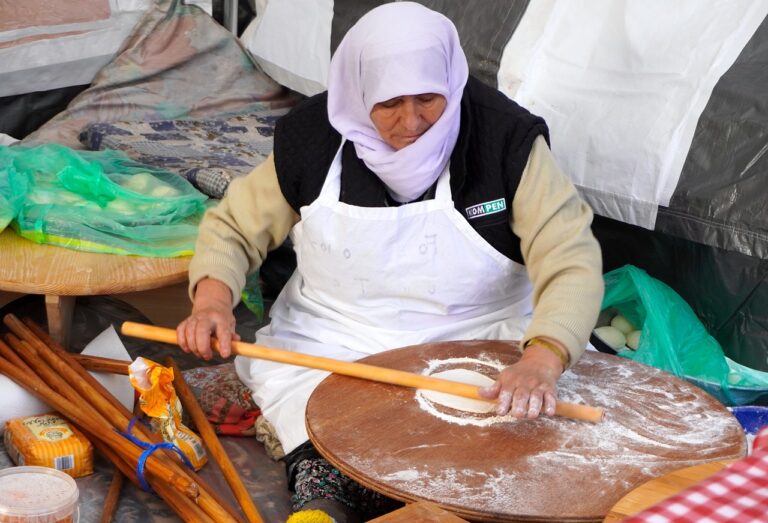Analyzing the Impact of Soil Degradation on Nut and Seed Crop Health: Lotusbook365 login, Play99exch com, All panel login
lotusbook365 login, play99exch com, all panel login: Soil degradation is a concerning issue that impacts not only the health of our planet but also the quality of our crops. When it comes to nut and seed crops, soil degradation can have a significant impact on the health and yield of these important food sources. In this article, we will analyze the effects of soil degradation on nut and seed crop health and explore potential solutions to mitigate its negative effects.
The Importance of Soil Health
Before delving into the impact of soil degradation on nut and seed crops, it is crucial to understand the importance of soil health. Healthy soil provides essential nutrients, water, and support for plant growth. It is home to a diverse community of microorganisms that play a vital role in breaking down organic matter and releasing nutrients that are essential for plant growth.
When soil becomes degraded, its ability to support plant growth diminishes. Nutrients become depleted, water infiltration and retention are compromised, and the soil structure deteriorates. As a result, plants struggle to obtain the necessary nutrients and water, leading to stunted growth, reduced yields, and increased susceptibility to pests and diseases.
Impact of Soil Degradation on Nut and Seed Crops
Nut and seed crops, such as almonds, peanuts, and sunflower seeds, are particularly vulnerable to the effects of soil degradation. These crops have specific nutrient requirements and are sensitive to changes in soil health. When soil becomes degraded, the nutrient content of the soil may be insufficient to support optimal growth and development of nut and seed crops.
Furthermore, soil degradation can lead to an imbalance in the soil microbiome, disrupting the beneficial interactions between plants and microorganisms. This can result in decreased nutrient uptake by plants, as well as increased competition from harmful pathogens.
In addition to nutrient deficiencies, soil degradation can also impact the physical structure of the soil, affecting water infiltration and retention. Nut and seed crops require adequate water to support growth and development, and soil degradation can disrupt the water cycle, leading to water stress in plants.
Solutions to Mitigate the Effects of Soil Degradation
To address the impact of soil degradation on nut and seed crop health, it is essential to implement sustainable soil management practices. These practices aim to improve soil health, enhance nutrient cycling, and promote a thriving soil microbiome.
One effective approach to mitigating soil degradation is the use of cover crops. Cover crops help protect the soil from erosion, improve water infiltration and retention, and enhance soil fertility. Legume cover crops, such as clover and vetch, can also fix nitrogen in the soil, providing an additional source of nutrients for nut and seed crops.
Crop rotation is another valuable practice for maintaining soil health and reducing soil degradation. By alternating different crop species, we can break pest cycles, improve soil structure, and enhance nutrient availability. Rotating nut and seed crops with nitrogen-fixing legumes or deep-rooted plants can help replenish nutrients in the soil and improve soil structure.
Moreover, the use of organic amendments, such as compost and manure, can help replenish nutrients in the soil and improve soil structure. These amendments supply organic matter to the soil, supporting the growth of beneficial microorganisms and enhancing nutrient availability for plants.
Frequently Asked Questions
Q: What are the signs of soil degradation in nut and seed crops?
A: Some common signs of soil degradation in nut and seed crops include stunted growth, nutrient deficiencies, increased pest and disease pressure, and reduced yields.
Q: How can I test the health of my soil?
A: Soil testing is a valuable tool for assessing the health of your soil. You can send samples of your soil to a laboratory for analysis, which will provide information on nutrient levels, pH, and organic matter content.
Q: What are some sustainable practices for improving soil health?
A: Sustainable practices for improving soil health include cover cropping, crop rotation, the use of organic amendments, and reduced tillage. These practices help promote soil fertility, enhance nutrient cycling, and protect soil structure.
In conclusion, soil degradation poses a significant threat to the health and productivity of nut and seed crops. By implementing sustainable soil management practices, we can improve soil health, enhance nutrient availability, and promote the growth of healthy crops. Protecting our soil is essential for ensuring the future of our food supply and the health of our planet.







